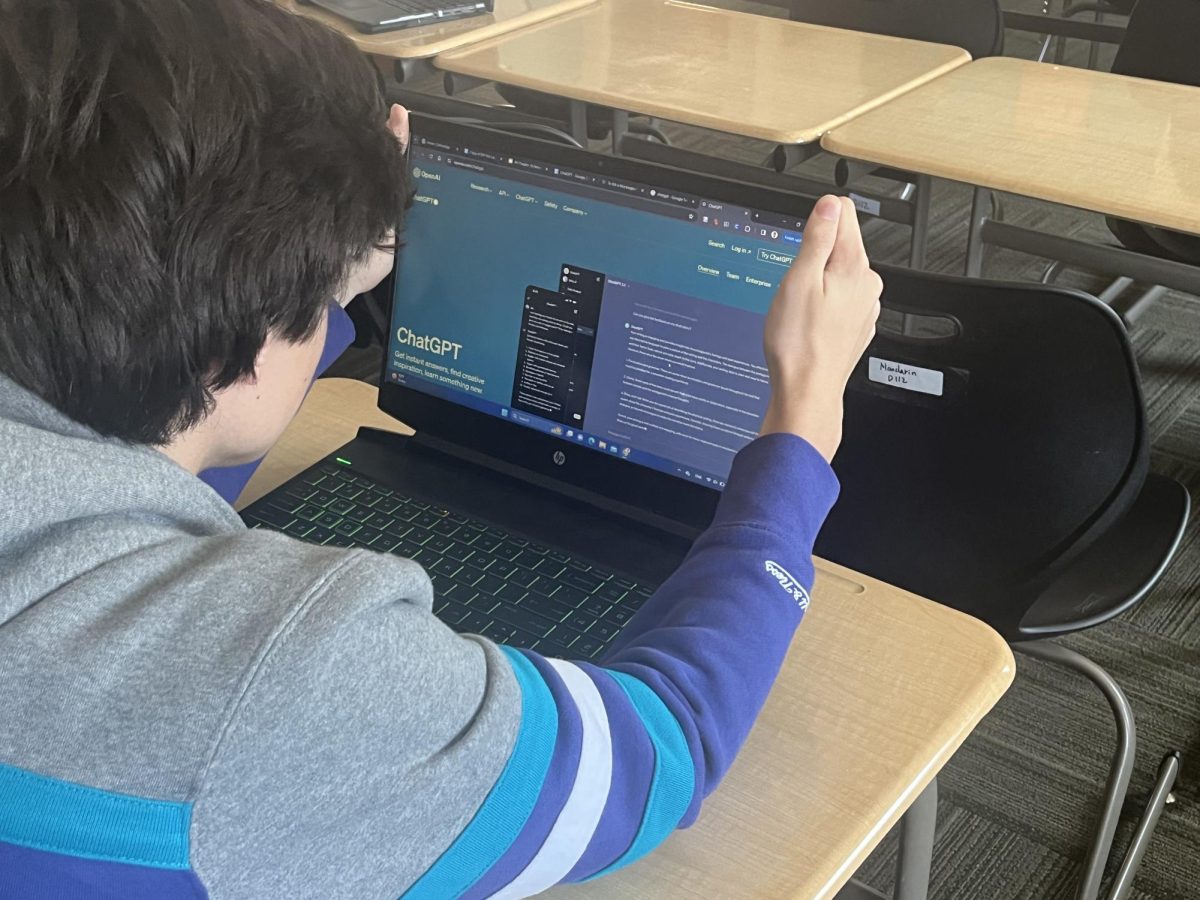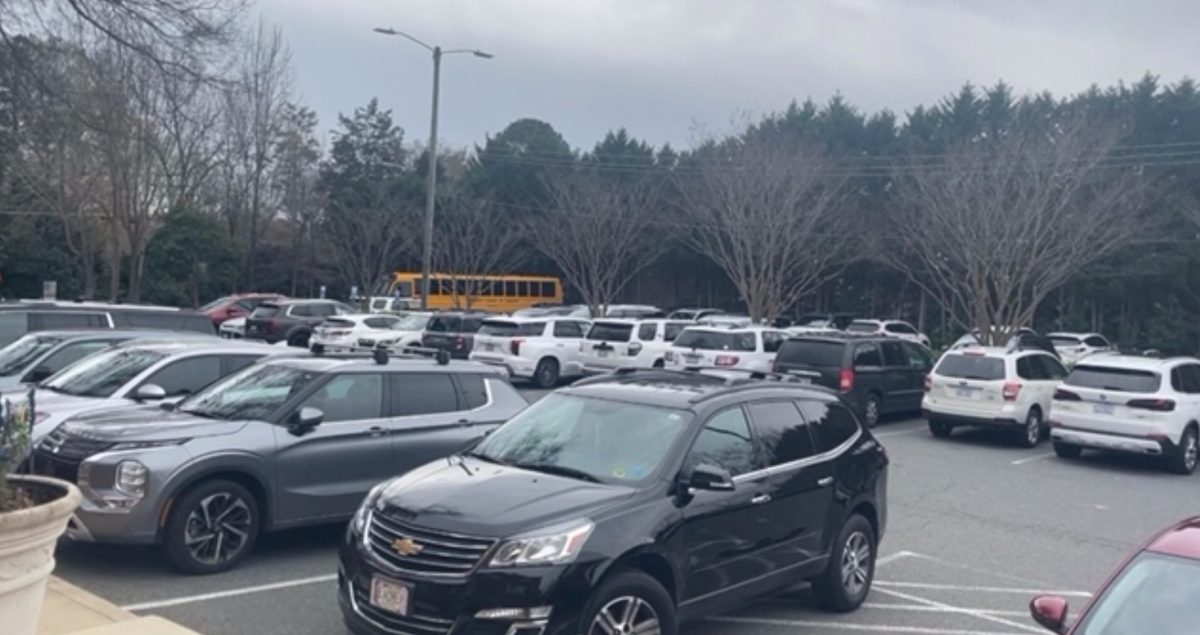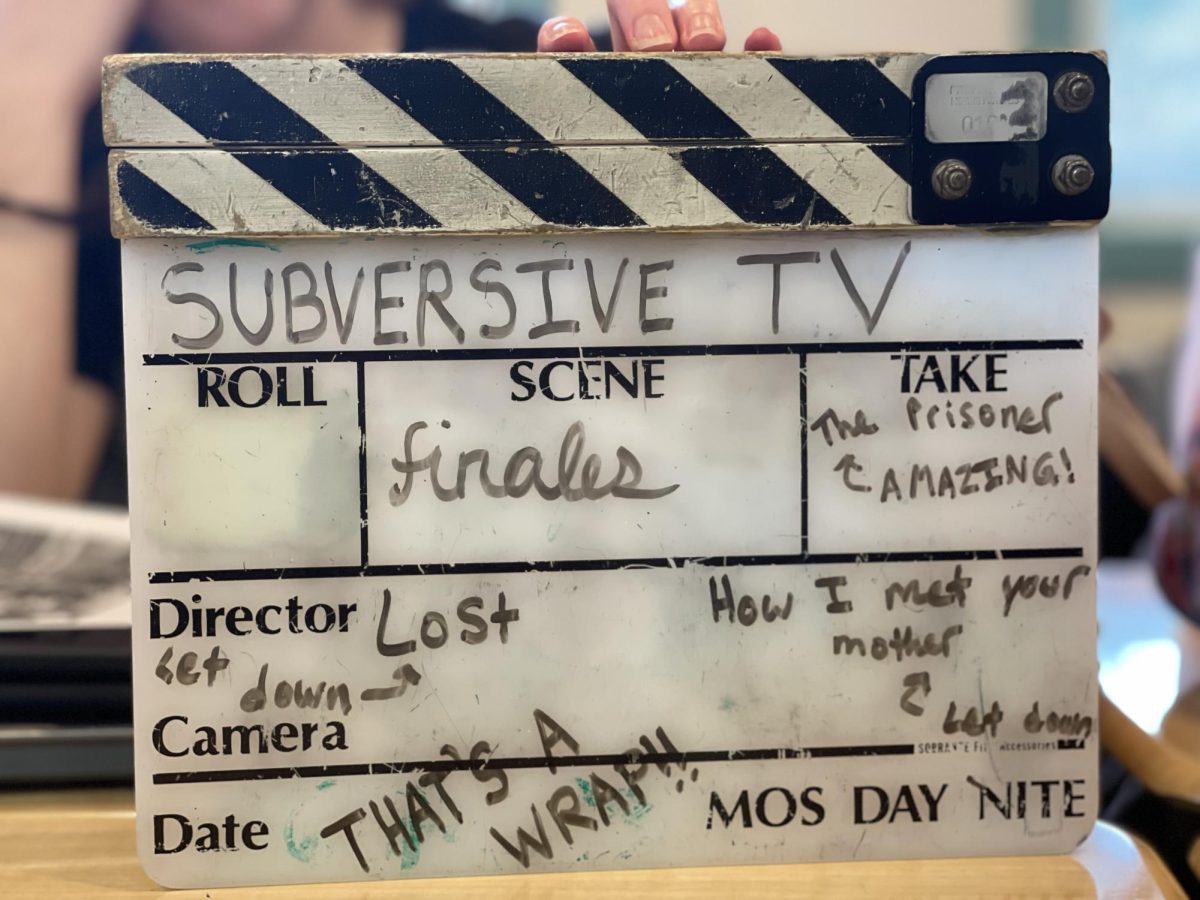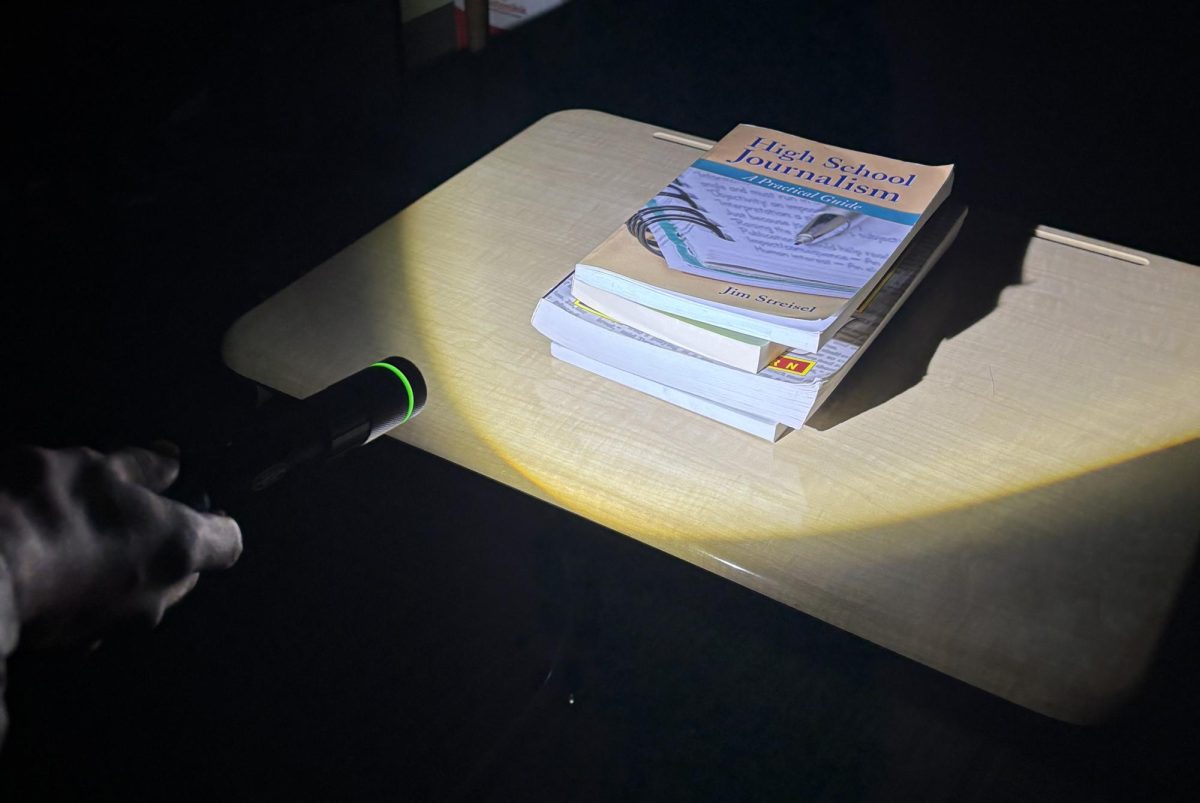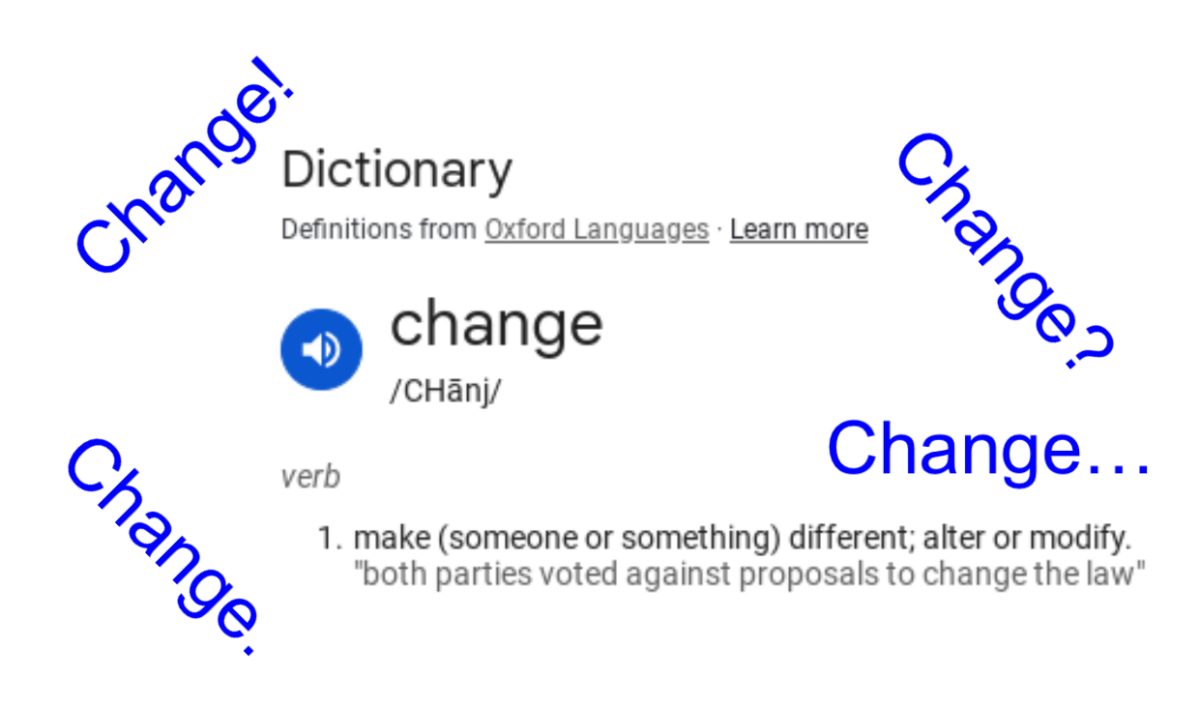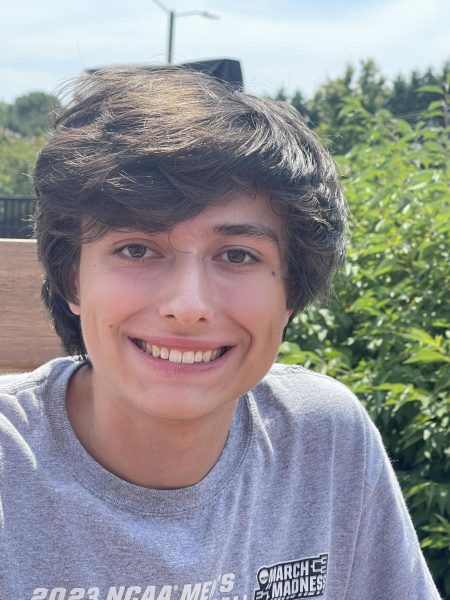ChatGPT and other forms of artificial intelligence have a grasp on students in all high school grades and the big question about it is, should students be allowed to use it for schoolwork?
In the past, students have relied on more traditional research methods from books, magazines and professional journals to highly regarded and carefully selected websites.
But now, with chatbots, all students have to do is ask a bot a question and not only will it give you an answer, it will also write your response.
ChatGPT changed the game when it entered high schools. Open AI has been available for the last few years but when the chatbot “ChatGPT” was released to the public on November 30th, 2022, things changed within the classroom. Students quickly discovered it as a new social media challenge or viral thread and the way students did their work, especially homework and essays, changed. As of December 2023, it has 180.5 million users and 1.6 billion website visits.
Of the many positives to using artificial intelligence as a part of learning, it is a helpful source for solving problems and generating grammar help,
However, the main controversy with ChatGPT is that students use it to write their papers and solve any kind of equation. All a person has to do is copy and paste the question or prompt into the website and it will spit out a detailed answer. For example, copying and pasting a calculus problem into the chat box yields an answer spit out and proved.
Students are trying to figure out how to use it and still stay within the rules of writing.
“ChatGPT is a new issue to deal with,” said Brody Collander (24’). “I feel like it can be very helpful in not writing stuff for you but being a tool to check your grammar and other things.”
There are countless pros and cons to using ChatGPT from being a quick, easy and free Grammarly to being able to highlight mistakes.
The increased use also presents challenges for teachers. ChatGPT is used by and talked about in school but the OpenAI tool itself has started to become a concern for teachers and professors who can usually tell if something is someone’s original work written for them by ChatGPT.
“I was concerned that it would negate students thinking and people would use it to not think deeply about literature or questions,” CSD’s AP Literature teacher, Mrs. Merithew said. “But now that it has been around for a while if students are taught how to use it, it’s a good resource because everyone knows it is not going away.”
Since ChatGPT has the ability to change the way homework is given out and how teachers grade assignments, it also impacts student grades. Most teachers hand out a big fat zero if a student is caught cheating or not using their own words. Teachers may also feel obligated to incorporate more handwritten assignments so that students can’t just copy and paste a paragraph into a document.
But there are ways to prevent it. There are tools such as “GPTZero,” a ChatGPT detecting tool created by Princeton senior, Edward Tian, that can detect if a student has used OpenAI, including ChatGPT. If teachers were to use this for graded writing assignments then there could be a balance between using ChatGPT harmlessly and using it to completely write a paper.
Another way to steer students away from relying on ChatGPT is to teach them about the responsibility of using the device and where it ethically becomes an issue. If students are informed that having ChatGPT write entire assignments is cheating, they may be more likely to turn away from it.
The issue and controversy are so large now that state departments of instruction and educational organizations are starting to make statements and recommendations to schools.
In North Carolina, many Charlotte-Mecklenburg schools block the website from students. However, the North Carolina Department of Public Instruction wants AI to be available to students so that they can develop AI skills for their future.
UNC-Chapel Hill released rules to students on how they can ethically use OpenAI.
Ultimately, as a result of the rise in artificial intelligence and increased use of chatbots, there are now plenty of concerns about Open AI in school.
Students need to be more careful when using it as a resource. Teachers have to be even more careful when grading papers that may not be original writing. School systems and administrators need to begin developing policies at the same level as they have regarding cell phone use during the school day.
So, what is the future of artificial intelligence in the classroom? Should students be allowed to use this tool as a way to complete assignments and enhance their learning?
At CSD, the ChatGPT website is blocked when students try to open it. However, it is still easily accessible to anyone outside the approved and school supported network.
The reality is that artificial intelligence is here and it is not going to go away. Schools should make an effort to help educate students on OpenAI to prevent them from using it ethically wrong and to further their knowledge on the topic since it is not going away anytime soon.
For high schools and high school students to succeed in the age of this new technology, since so much is still uncertain, it is best to stay away from OpenAI during high school. Doing your own work and learning from your successes and mistakes will always be better than learning from a computer doing your work, getting caught for known or unknown cheating or something worse

